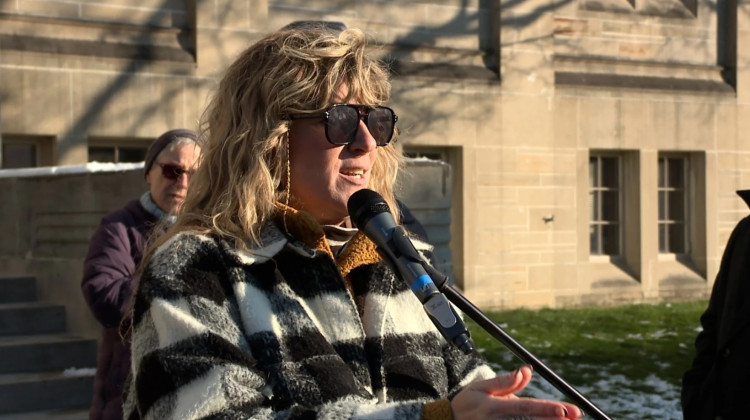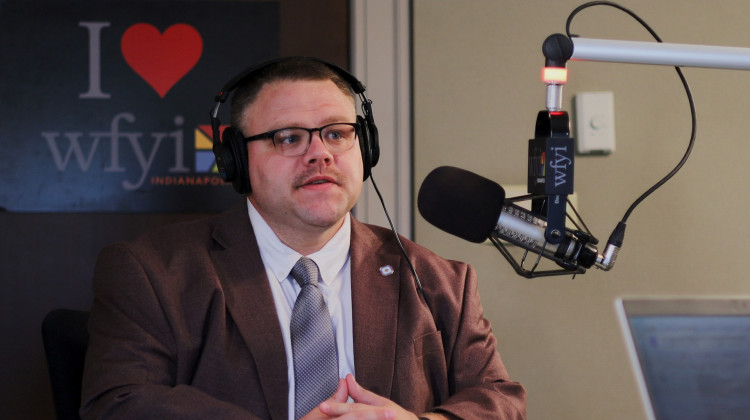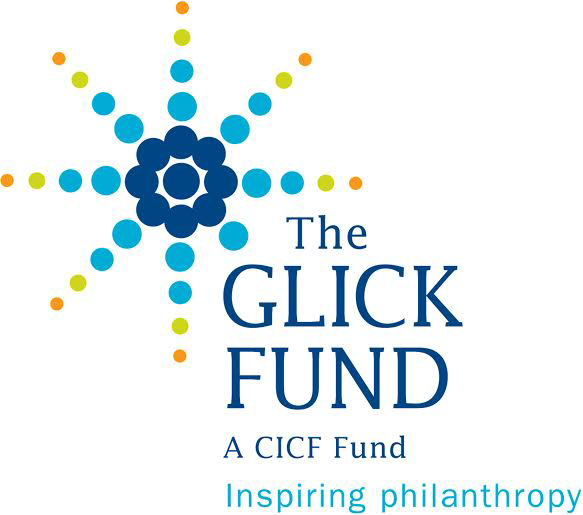Indianapolis Public Schools paid a charter school company more than $1.3 million in management fees and start-up costs and will continue making payments into mid-2020 in an effort to turnaround an elementary school on the Far Eastside.
State law gives school boards power to approve a contract with nonprofits or charter operators to run autonomous schools within a district. IPS pays Phalen Leadership Academy an average $24,000 monthly management fee to operate PLA @ 103, the first chronically failing IPS school restarted by an outside manager as part of the district’s innovation network. It began those payments in August 2015. No other district school receives a similar payment.
The innovation schools model is a major topic in the IPS school board election. Three IPS Board of Commissioners seats are on Tuesday's ballot. Incumbents have defended their support of the model and said it benefits students. Whereas some challengers criticized the performance and fast-paced growth of innovation schools. The ballot also holds two district-led property-tax increase referenda to raise a total of $272 million to fund teacher pay and building improvements.
All of this comes as Phalen Leadership Academy President Earl Phalen seeks new partnerships with the district. Phalen's network already includes 6,000 students in 14 schools.
Phalen Leadership Academy, a 501(c)(3) nonprofit organization, will continue to receive a monthly fee until June 2020, as required by a contract between the company and the IPS board of commissioners to manage School 103. So far, IPS paid the company a total of $905,803 between July 2015 and July 2018, according to documents obtained by WFYI News through a public records request. The payment is a percentage of the amount the school receives each month based on per-student funding. The percentage began at 10 percent in 2015 and decreases each academic year of the contract.
Additionally, IPS paid $427,909 to Phalen for “preoperational funds” and to purchase software and other technology.
Phalen and district officials say the monthly management fee was negotiated when the district had yet to figure out optimal ways to support autonomous managers and keep the innovation network financially sustainable. It was also before the district projected a massive deficit, now estimated at approximately $20 million for the 2018-19 school year.
In 2015, the district had not established an office to work directly with innovation schools or figured out which district services the managers could choose to use. As a result, Phalen created its own Internet network and phone lines for the school rather than be offered use of the IPS system for a fee.
Jamie Vandewalle, IPS portfolio officer who oversees the district’s innovation school network, says the PLA @ 103 contract is an outlier. It’s also the only innovation school to receive a “management fee” or any additional funding. Advance funds provided by the district to innovation schools are now required to be recouped.
“When you look across the contracts in 2016 and especially in 2017, they are very consistent in terms of the funding that goes to schools and the services provided,” Vandewalle says. “We have done away with such big outliers, if you will, for sustainability reasons.”
Phalen says he sought money in addition to per-student funding to establish centralized services for PLA @ 103. It oversaw teacher recruitment, professional development and teacher pay.
“Teachers have to get annual pay increases,” Phalen says. “All of our staff received a 3 percent annual pay increase every year. Why? Because some professionals deserve it, they deserve to get an annual pay increase, not just because a referendum is passed but because they work so hard.”
Phalen says he does not expect a management fee for any future innovation schools.
“All of us have learned from four years ago. I think, to their credit, they've honored every term in the agreement. We really respect that,” Phalen says of IPS. “We know that if we have a new innovation school, the contract and agreement (with IPS) looks like it won't have a management team. It will probably look like existing contracts you see at Global Prep and PLA @ 93 and others.”
IPS Board Commissioner Mary Ann Sullivan was one of six board members to vote in favor of the PLA @ 103 contract in April 2015 -- one commissioner voted no. Sullivan, who is up for re-election, says the school districts around the country have faced similar challenges when creating contracts for early innovation network schools.
“That particular agreement was probably not our best agreement,” Sullivan says about PLA @ 103. “But when you are doing something that hasn’t been done before, it is a learning experience. I think as a district we are much wiser about out innovation agreements, and I’m OK we were not perfect at the get-go because we were starting something totally new and different.”
“I’d rather look to the future of what we can do than dwell on the past.”
Phalen, who also manages IPS innovation school George H. Fisher School 93 and 10 other schools, wants to restart another failing IPS school and possibly open a new school in partnership with the district. In the coming months, the IPS administration will begin talks with interested partners.
Phalen and a former School 103 principal were part of local school reform group The Mind Trust’s first cohort of "innovation fellows" given money and support to design a new school model. Soon after, they were picked to turnaround Francis Scott Key School 103 as a last-ditch effort to avoid intervention from the state. In 2015 the school reported high levels of violence and chronic academic failure. Enrollment, test scores, and culture at the school have improved under Phalen’s management. Students who passed both math and English versions of ISTEP is at 13.5 percent -- that's 10 points below the district average but higher than recent years at the school.
“We’ve taken failing schools and turned them into a safe learning environment for children, and children's growth and their proficiency continue to rise. It feels very good to us,” Phalen says. “We want to work with the district to create more of those learning environments for more children.”
Phalen’s network of IPS schools -- PLA @ 103 and PLA @ 93 -- are rated A on the state’s A-F accountability scale last year. Accountability grades for innovation schools are based on student’s academic growth on the standardized test, not the passage rate, for the first three years. Other schools are graded based on both growth and pass rate.
Since 2015 IPS has sought partnerships with charter operators, education upstarts and others to open new schools, restart long-failing ones and bring established charter schools into the district. IPS Superintendent Lewis Ferebee says the model is a way to offer families more options or turnaround struggling schools. Innovation schools are ultimately overseen by the district and held accountable for their academics and operations.
This academic year, there are now 20 innovation schools in IPS. The only other school with innovation status in the state is Gary Roosevelt High School in the Gary Community Schools Corporation.
Contact WFYI education reporter Eric Weddle at eweddle@wfyi.org or call (317) 614-0470. Follow on Twitter: @ericweddle.
 DONATE
DONATE










 Support WFYI. We can't do it without you.
Support WFYI. We can't do it without you.